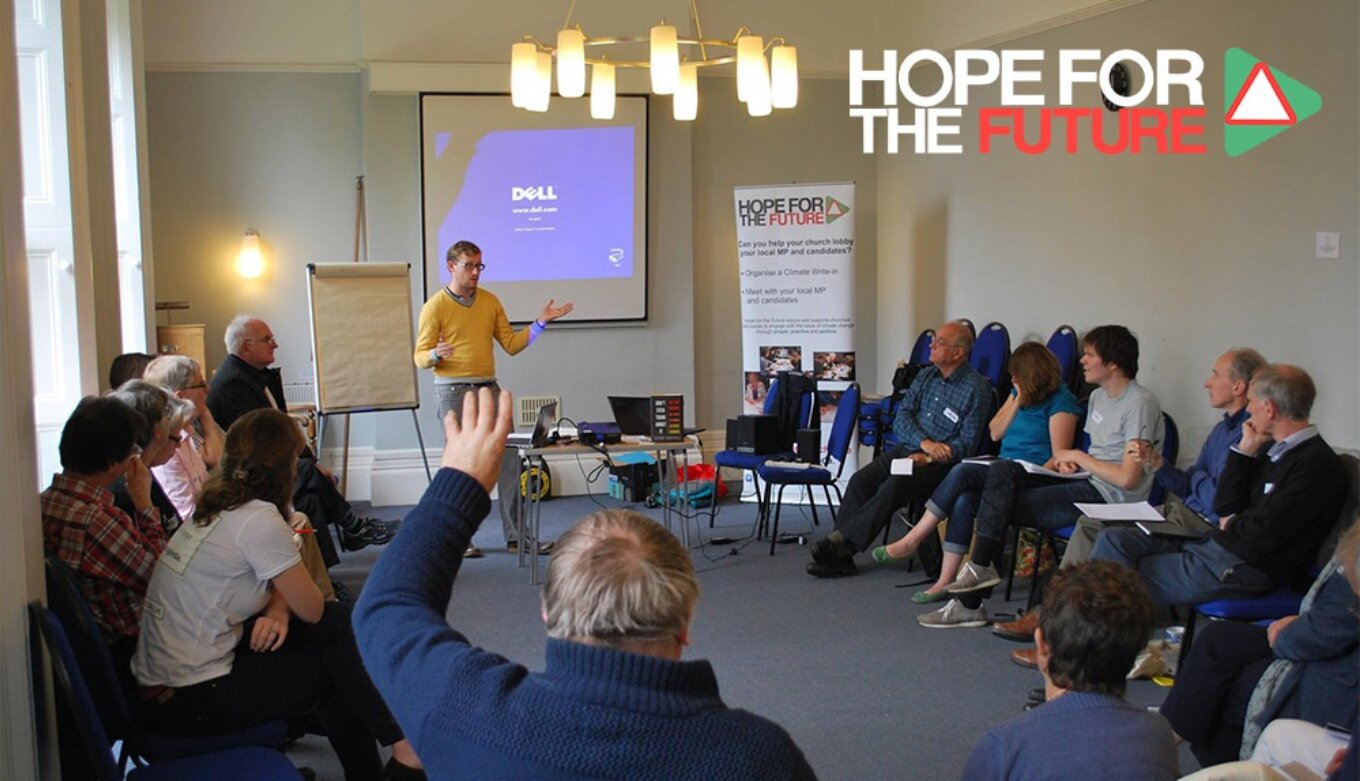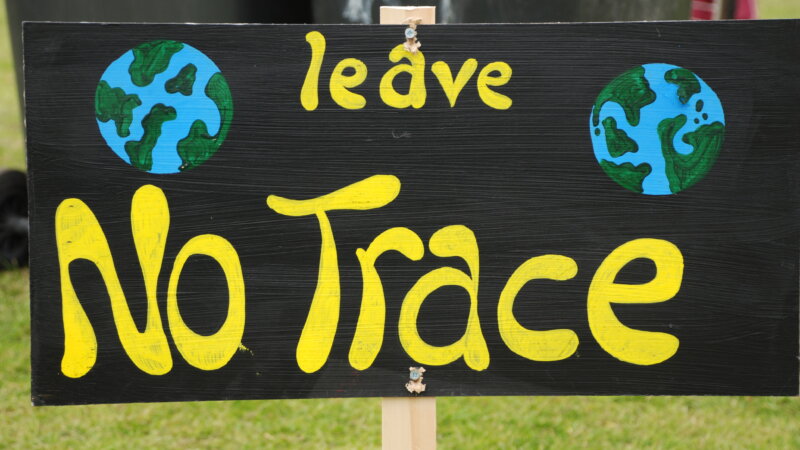Finding Hope: Tackling barriers to action on climate change

According to Friends of the Earth, Sheffield train station and the surrounding area is the eighth most polluted place in Britain, making it one of the most dangerous places nationwide for air quality.
Working out of an office near the station, there is a small and dedicated team of employees and volunteers who work on a unique approach to combat the problem of climate change. Hope For The Future trains ordinary people how to effectively lobby their MPs. In our short existence, the charity has successfully lobbied over 100 MPs, with each subsequently going on to take at least one tangible action on climate change.
It's all too easy to be cynical, not only about tackling climate change, but also about the broader political system we live in. The seemingly insurmountable bureaucracy of central and local government can result in disenfranchisement and frustration when trying to implement change. This is particularly true of climate change, which can feel too big and too distant. Even for those who are engaged in the issue, like the school students leading the youth climate strikes in Sheffield, it can be hugely frustrating when political representatives appear apathetic.
It's rarely the case that [MPs] just don't care
It's rarely the case that they just don't care. Rather, MPs are often ignorant of how climate change affects people in their constituency, the risks of it, or even how it works in the first place. Our research has demonstrated that action on climate change has historically been avoided partly because it's scary. It results in panic and, consequently, inaction. But we have also found that it is possible to communicate concerns to your MP in a constructive way. For the few who truly aren't interested in climate change policy, there are ways of framing the issue that appeal to them, particularly by focusing on local concerns. By helping people to understand what motivates their MP to act, a common ground can be found.
The case of Sheffield's Clean Air Zone consultation, which closed on 25 August, is illustrative of this common ground. In Sheffield over 500 people are estimated to die prematurely per year as a consequence of dirty air. Most vulnerable are children, the elderly and those with pre-existing medical conditions. Many MPs and councillors who are not currently switched on to the dangers of climate change will be receptive to acting on issues like air pollution due to their concern over these social groups. These concerns have in the past resulted in the pedestrianisation of major roads like Fargate, the introduction of 20-mile-an-hour zones, and now the potential implementation of a Clean Air Zone, which would see non-electric commercial vehicles paying a charge to enter Sheffield city centre. It's the convergence of issues and interests which is starting to drive cars out of Sheffield, a significant step in climate change policy on a local level.
Though pollution on the streets of Sheffield is something that local representatives have real power to act on, it often fails to be seen within the wider context of climate change. In our work, we come up against the perception from both MPs and constituents that climate change is exclusively a global issue, with little that should or can be done at a local level. The connection is often not made between issues of polluted streets, fuel poverty or lack of green spaces and the world-changing, fire-raising, flood-inducing, catastrophic impacts of climate change that are splashed over the front pages.
Though constituencies are arguably the bedrock of our democracy, MP-constituent relationships are often mishandled. By understanding MPs as people and emphasising the local challenge of climate change, individuals can begin to implement institutional change within our overwhelming and often frustrating political system. Acknowledging barriers to action and respecting difficulties in engagement makes it possible to fully utilise the democratic systems that were put in place for our representation, something which is hugely empowering.
Georgina Collins









